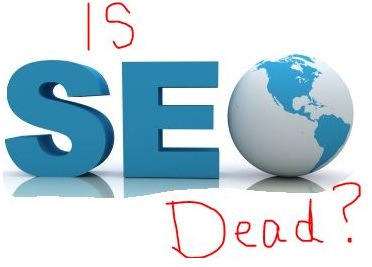If you are considering an online business, you have probably given a lot of thought to what your website should look like. No doubt you have thought about your branding and content, and perhaps you have chewed over the layout a little. More than likely you have also thought at least a little about search engine optimisation (SEO) and perhaps you have even consulted a London web design house; however, understanding what is acceptable and what is not is where things can get a little complex.
Good vs bad SEO
The basics of SEO are not all that complex and you can find some great information for beginners from resources such as the BBC. These will cover most of the basics, but where it gets more complex is the question of what is considered acceptable and professional and what is considered spammy and bad. Good SEO is a matter of correctly constructing a website according to industry best practice, utilising accepted standards, tags and labels, and creating content that will meet visitor expectations and correctly reflect your business. Bad SEO, on the other hand, is where a website attempts to dupe search engines into placing the site at the top of search queries. This is achieved by means of practices such as keyword stuffing, where content exists only to fool the search engine into thinking a page is more relevant as a result of these search terms. Some websites also attempt to gain ‘link juice’ by creating a false web of links or simply by buying them.
A new type of SEO
Search engines such as Google are determined to stamp this out and in 2013 Google released a new search algorithm called Hummingbird, as reported by the BBC and elsewhere. The point of this new algorithm was to present the user with results that were more about audiences, themes and topics and gave more ‘natural’ search results. Many people said this was the end for SEO.
Is it the end?
It is not really the end for SEO; instead, SEO has changed and now sites that have great content that is shared more will often rank higher. Consultancies such as London Web design agency British Websites are already helping clients to adapt.
SEO is not dead but has just got a lot more interesting.
